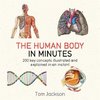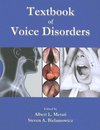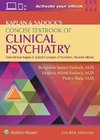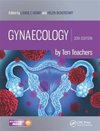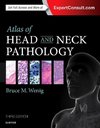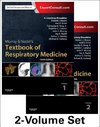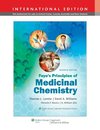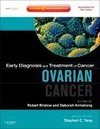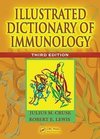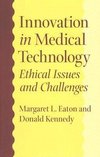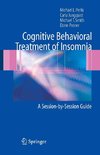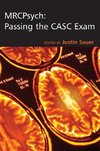
-
 Anglický jazyk
Anglický jazyk
Antinociceptive effect of eugenol
Autor: Cybelle F. Barreto Medeiros Linard
We investigated the effect of eugenol, capsaicin and lidocaine on the formalin test in mice. Eugenol, a phenolic derivative, chemically designated as 4-allyl-2-methoxy-phenol, commonly known as clove essence, as it is present in large quantities in the essential... Viac o knihe
Na objednávku, dodanie 2-4 týždne
32.56 €
bežná cena: 37.00 €
O knihe
We investigated the effect of eugenol, capsaicin and lidocaine on the formalin test in mice. Eugenol, a phenolic derivative, chemically designated as 4-allyl-2-methoxy-phenol, commonly known as clove essence, as it is present in large quantities in the essential oil of cloves (Eugenia aromatica), at doses of 0.01; 0.1; 0.3; 1; 3 and 10 microg/site, administered intraplantarly, did not promote an increase in nociception compared to the control in the first phase of the test. In the formalin test, eugenol reduced nociception by 70.69% at a dose of 0.1 microg/site, suggesting its effect on pain of neurogenic origin by reversibly inhibiting nerve activity. Pre-treatment with capsazepine and a test to destroy afferent C fibers confirmed the action of eugenol on TRPV1 receptors, as eugenol did not reduce the nociception caused by formalin in either test. We conclude that eugenol in small doses does not increase nociception; it has a local antinociceptive effect, probably due to its inhibitory action on TRPV1 receptors; eugenol, capsaicin and lidocaine have a local antinociceptive effect in the first phase of the formalin test.
- Vydavateľstvo: Our Knowledge Publishing
- Rok vydania: 2024
- Formát: Paperback
- Rozmer: 220 x 150 mm
- Jazyk: Anglický jazyk
- ISBN: 9786208291600
